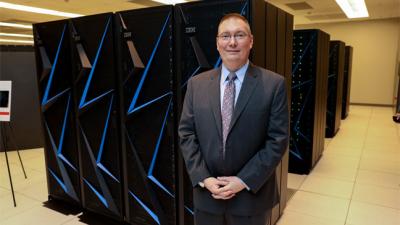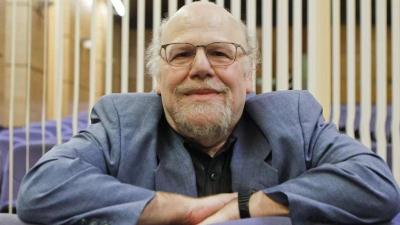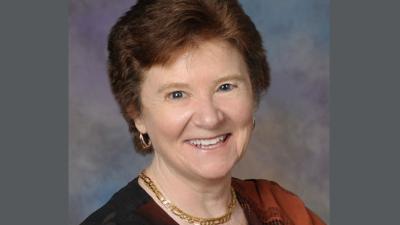Governments Setting Limits on AI
Rensselaer Researcher Receives DOE Grant To Develop Models That Track the Formation of Black Holes
When a star goes supernova, a massive burst of neutrinos is the first signal that can escape the density of the collapsing star. Detecting and analyzing this phenomenon in real time would allow us insight into stellar dynamics and, potentially, black hole formation. Detection of these types of signals from modern physics detectors is notoriously hard and presents computational challenges that push the bounds of modern and next-generation computing. Transmitting and analyzing the data from the massive particle physics detectors to the next generation of extreme-scale computing will require detailed modeling of the networking, hardware, and leadership class computing systems. These models will allow researchers to find and optimize the computing pathways, configurations, and infrastructure topologies so that they can handle these massive data loads.
Information Overload Is a Personal and Societal Danger
We are all aware of the dangers of pollution to our air, water, and earth. In a letter recently published in Nature Human Behavior, scientists are advocating for the recognition and mitigation of another type of environmental pollution that poses equivalent personal and societal dangers: information overload.
James Hendler Receives Service Award at International Semantic Web Conference
Rensselaer Polytechnic Institute’s James Hendler, Ph.D., was honored with the Semantic Web Science Association Service Award at the 22nd International Semantic Web Conference. Hendler was recognized for playing a founding role in creating the field, his support for the community, and for his contributions to diversity, equity, and inclusion, especially in supporting the advancement of women in the community. The award is the highest in the Semantic Web community.
RPI joins coalition seeking safe, responsible AI usage
Deborah McGuinness Is Honored for Contributions to Knowledge Technologies
Rensselaer Polytechnic Institute’s Deborah McGuinness, Ph.D., has been elected a fellow of the ACM, the Association for Computing Machinery, “for contributions to knowledge technologies including ontologies and knowledge graphs.” McGuinness is one of 68 fellows selected by her peers to receive the honor for transformative contributions to computing science and technology.
AI panel at UAlbany provides insight to Hochul's Empire AI consortium
The Scoop: RPI’s Bicentennial Ice Cream Coming to Stewart’s Shops
No birthday party is complete without ice cream.That’s why Stewart’s Shops is helping Rensselaer Polytechnic Institute kick off its bicentennial year with a new name for the store’s “Fireworks” ice cream flavor. The freshly dubbed “Quantum Freeze” will hit stores February 5, 2024.




